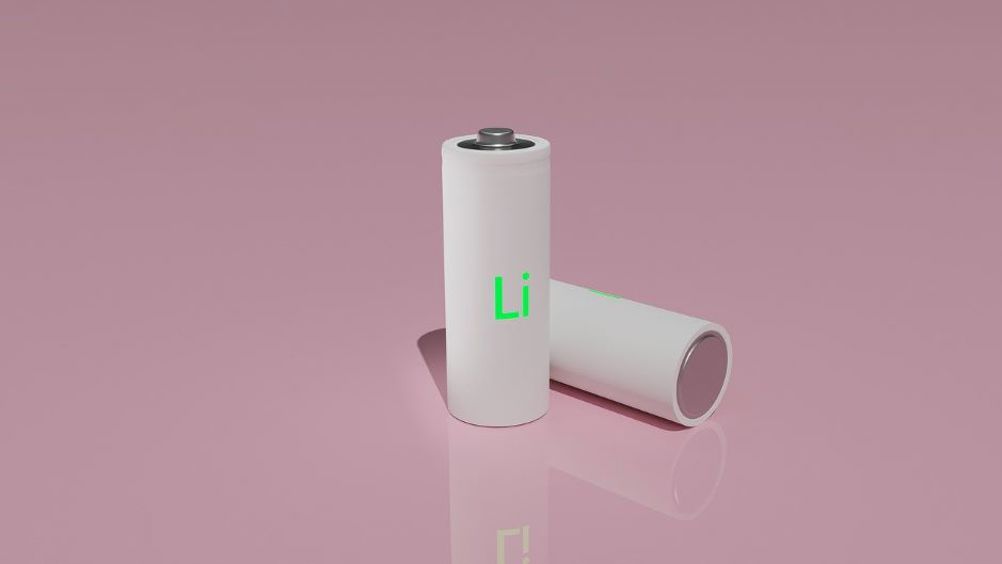Carbon nanotube anode reduces risk in lithium batteries
A carbon nanotube anode for lithium batteries can reduce the risk of catastrophic battery failure and speed up recharging times.

This is the claim of researchers at Texas A&M University whose results are published in Nano Letters.
"We have designed the next generation of anodes for lithium batteries that are efficient at producing large and sustained currents needed to quickly charge devices," said Juran Noh, a material sciences graduate student at Texas A&M. "Also, this new architecture prevents lithium from accumulating outside the anode, which over time can cause unintended contact between the contents of the battery's two compartments, which is one of the major causes of device explosions."
Researchers understand and utilise dendrites to enhance lithium-metal batteries
Electron ‘spillway’ could make lithium batteries safer
A commonly used anode material is graphite. In these anodes, lithium ions are inserted between layers of graphite. However, Noh said this design limits the amount of lithium ions that can be stored within the anode and can require more energy to remove the ions from the graphite during charging.
Register now to continue reading
Thanks for visiting The Engineer. You’ve now reached your monthly limit of news stories. Register for free to unlock unlimited access to all of our news coverage, as well as premium content including opinion, in-depth features and special reports.
Benefits of registering
-
In-depth insights and coverage of key emerging trends
-
Unrestricted access to special reports throughout the year
-
Daily technology news delivered straight to your inbox










Water Sector Talent Exodus Could Cripple The Sector
Maybe if things are essential for the running of a country and we want to pay a fair price we should be running these utilities on a not for profit...